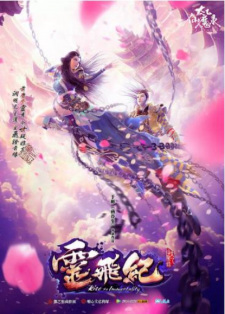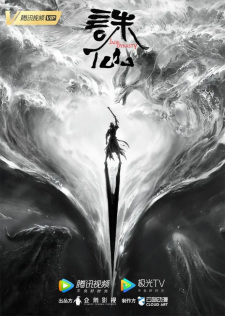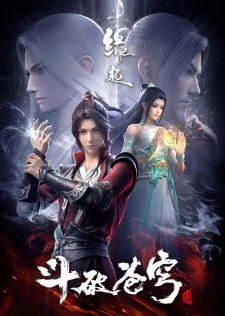Alternative Titles
Japanese: 太乙仙魔录之灵飞纪
More titlesInformation
Type:
ONA
Episodes:
26
Status:
Finished Airing
Aired:
Mar 8, 2016 to Oct 4, 2016
Producers:
None found, add some
Licensors:
None found, add some
Studios:
Dancing CG Studio
Source:
Original
Duration:
15 min. per ep.
Rating:
PG-13 - Teens 13 or older
Statistics
Ranked:
#139062
2
based on the top anime page. Please note that 'Not yet aired' and 'R18+' titles are excluded.
Popularity:
#14590
Members:
777
Favorites:
4
Available At |
|
Tai Yi Xian Mo Lu: Ling Fei Ji
Magical Legend: Rise to Immortality




.png)


















